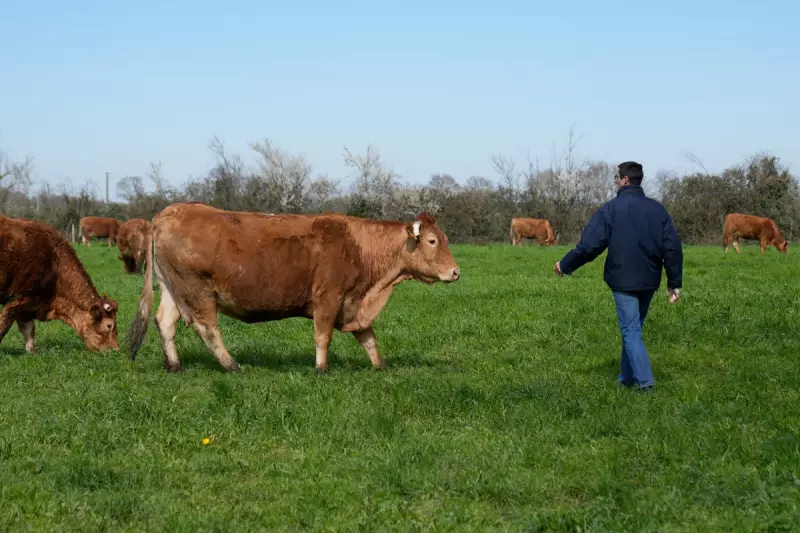
Vets Take on New Role in Human Health Initiative
In a groundbreaking 'UK first' scheme, rural veterinarians in Northern Ireland are being enlisted to help tackle significant cancer inequalities within farming communities. When these vets are called out to inspect farm animals, they will now be encouraged to initiate health-related conversations with the farmers themselves.
Training and Partnerships for Early Detection
As part of their mandatory continuous professional development, which must be updated annually, vets will receive training in human health. This will equip them to confidently offer advice and discuss potential symptoms with the farming community. The initiative is a collaborative project between veterinary associations, the charity Macmillan Cancer Support, and the Farming Community Network (FCN).
Barry O'Boyle, a dairy farmer from County Antrim, highlighted the cultural challenge this scheme aims to address. He told the BBC that farmers often have a tendency not to want to take up doctors’ time, feeling their concerns might not be important enough. "We're happier to talk about our animals' health than our own", he remarked, adding that it is always better to get checked out.
The personal toll of late diagnosis is starkly real for Mr O'Boyle, whose father, also a farmer, died shortly after receiving a cancer diagnosis. He reflected that while his father had an aggressive form of the disease, "who knows, possibly if symptoms had been caught earlier, it might have helped a small bit".
Addressing Rural Health Disparities
Caitriona Crawford, FCN’s Northern Ireland national manager, explained that farmers and those in rural areas often deprioritise their health due to a lack of time or difficulty accessing services. This can lead to symptoms like prolonged pain, tiredness, and fatigue being overlooked. The core message from the FCN and Macmillan is for farmers to "nip it in the bud" and seek early checks.
Research from Newcastle University underpins the urgency of this initiative, finding that people in rural communities are often diagnosed with more advanced cancer and are 5 per cent less likely to survive.
Sarah Christie, the national lead for Northern Ireland at Macmillan Cancer Support, stated: "Cancer can disrupt your whole life. And it can be made much worse simply because of who you are or where you live. Rural communities face unique challenges in accessing information and support, which is why partnerships like this are so vital." She believes the support from veterinary associations will encourage farming families to be more aware and ultimately save lives from a disease that is often curable if treated early.






